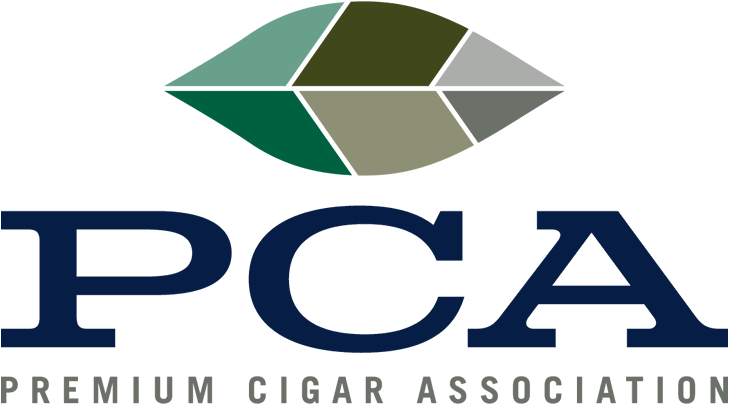The Corporate Transparency Act (CTA) was part of a law passed in 2021 to assist the government in combating financial crimes such as money laundering, tax fraud, and terrorism financing by creating a database of persons with a beneficial interest or control of companies. The government already has access to similar information for publicly traded companies, financial services companies, and the like. The new law extends this information collection to an estimated 32.6 million small businesses.
The law requires reporting companies to submit a Beneficial Ownership Information (BOI) report to the U.S. Treasury’s Financial Crimes Enforcement Network (FinCEN). The BOI information is only accessible for activities related to national security, intelligence, and law enforcement.
Who does it affect?
The law likely affects most PCA member companies. Companies required to report are called “reporting companies.” There are two types of reporting companies:
- Domestic reporting companies are corporations, limited liability companies, and any other entities created by filing a document with their state’s secretary of state or any similar office, such as a corporation commission, in the United States.
- Foreign reporting companies are entities (including corporations and limited liability companies) formed under the law of a foreign country that has registered to do business in the United States by filing a document with their state’s secretary of state or any similar office.
While there are 23 exemptions listed in the regulation, these mainly apply to large operating companies, governmental organizations, utilities, non-profit entities, financial services-related companies, and inactive entities. The legal qualifications for exemption are nuanced, so PCA members should carefully check the FinCen BOI Small Entity Compliance Guide or consult an attorney before assuming that any exemptions may apply.
What about sole proprietors?
A PCA member who is a sole proprietor (even if doing business under a fictitious name – “doing business as”) that has never been required to register with their state’s secretary of state, corporation commission, or similar office is not considered a reporting company.
However, these conditions would not apply to a sole proprietor LLC. These entities are generally registered with the state and, therefore, considered reporting entities needing to file a BOI report.
What do I have to do?
Reporting companies can file their report directly at FinCEN’s BOI website. PCA is hearing the process takes approximately 15 minutes to complete. There is no fee.
The report requires the following information:
- Name, Street Address, TIN/EIN of the Reporting Company
- Name, Street Address, and digital image of Government Identification (e.g., driver’s license or passport) of the Company Applicant. The Company Applicant is the person who registered the company with their state’s secretary of state or similar office.
- Name, Street Address, and digital image of Government Identification (e.g., driver’s license or passport) for each Beneficial Owner. A Beneficial Owner is a person that either holds significant influence over decision making (for example: President, CEO, CFO), owns at least 25%, or has a similar level of influence or benefit (such as a profit-sharing agreement.)
When do I have to file my BOI?
- Reporting Companies that existed before January 1, 2024, have until January 1, 2025.
- Reporting companies formed after January 1, 2024, but before January 1, 2025, have 90 days.
- Reporting Companies formed after January 1, 2025, have 30 days.
- Reporting companies must file corrections or updates to their beneficial owners as appropriate.
Why are people complaining about it?
The law took effect January 1, 2024, with little public awareness, and the penalties for noncompliance are steep: $500/day.
The good news is that CTA targets shell companies, not tobacco companies. However, the information could be collected more conveniently, such as part of annual tax filings. In December, 76 Members of Congress wrote to the Treasury calling for an extension of the current reporting deadlines.
Legal Disclaimer: This article was written by a non-attorney member of the PCA government affairs team and should not be considered as legal advice.
